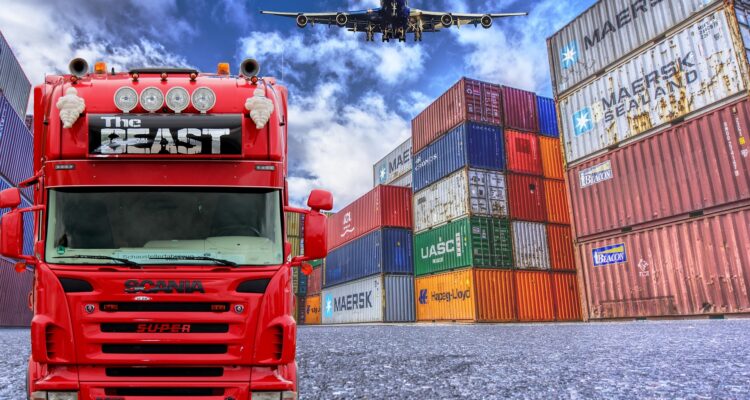In recent times, the United Kingdom has witnessed a remarkable resurgence in fleet demand for Heavy Goods Vehicles (HGVs). This surge has not only brought the industry back to pre-pandemic levels but has also created a dynamic landscape for businesses and logistics providers. In this article, we delve deep into the factors fuelling this resurgence, its economic implications, and how it shapes the future of the UK’s commercial fleet industry.
The Post-Pandemic Recovery
A V-Shaped Rebound
The post-pandemic recovery of the UK’s economy has been nothing short of remarkable. A V-shaped rebound signifies a swift recovery, and this is precisely what has driven the resurgence in fleet demand. As industries reopened, the demand for goods and services soared, resulting in the need for an efficient and robust transportation network.
The pandemic exposed vulnerabilities in global supply chains, prompting businesses to reassess their logistics strategies. Companies are now looking to secure their supply chains by investing in their own fleet of HGVs, reducing dependency on third-party carriers. This strategic shift has significantly contributed to the surge in fleet demand.
Environmental Concerns and Regulations
Emission Standards
Environmental sustainability is no longer just a buzzword; it’s a critical concern for businesses and governments alike. To adhere to stringent emission standards, many companies are retiring older, less fuel-efficient vehicles and replacing them with newer, greener HGVs. This not only reduces their carbon footprint but also aligns with government regulations, making it a smart business move.
The Green Revolution
Electric and hybrid HGVs are gaining traction rapidly. The UK government’s commitment to net-zero emissions by 2050 has accelerated the adoption of green alternatives. Fleet operators are increasingly incorporating electric HGVs into their fleets, not only for environmental reasons but also to enjoy long-term cost savings.
Technological Advancements
Telematics and Data Analytics
The integration of telematics systems in HGVs has revolutionized fleet management. Real-time data on vehicle performance, driver behaviour, and fuel consumption enable businesses to optimize their operations for maximum efficiency. This data-driven approach not only reduces costs but also ensures timely deliveries, further driving the demand for HGVs.
Autonomous Vehicles
The prospect of autonomous HGVs is on the horizon. While not fully operational yet, the industry is buzzing with excitement about the potential of self-driving trucks. Once perfected, autonomous HGVs could reshape the industry, making logistics safer, more efficient, and cost-effective.
Economic Implications
Job Creation
The resurgence in fleet demand has created a ripple effect in the job market. There is a growing demand for skilled HGV drivers, mechanics, and fleet managers. This surge in employment opportunities is contributing positively to the UK’s overall employment rate.
Economic Growth
A thriving commercial fleet industry translates to economic growth. The increased demand for HGVs stimulates production, logistics, and related industries, boosting the GDP and contributing significantly to the nation’s economic well-being.
The Road Ahead
Sustainable Growth
As we look to the future, sustainable growth remains the cornerstone of the UK’s commercial fleet industry. Businesses that embrace green technologies, optimize their logistics, and adapt to changing regulations will be best positioned to thrive in this evolving landscape.
Embracing Innovation
The UK’s commercial fleet industry is at the cusp of transformation, driven by technology and sustainability. Fleet operators that proactively embrace innovation will not only outrank their competitors but will also lead the way in shaping the industry’s future.
Conclusion
In conclusion, the resurgence of fleet demand in the United Kingdom is a multifaceted phenomenon driven by economic recovery, environmental concerns, technological advancements, and regulatory changes. This surge not only brings the industry back to pre-pandemic levels but also paves the way for a more sustainable and innovative future. As the commercial fleet industry evolves, those who adapt and innovate are poised to excel, outranking their peers in this dynamic landscape.
Author: Mark Salisbury, Fleetpoint Editor







